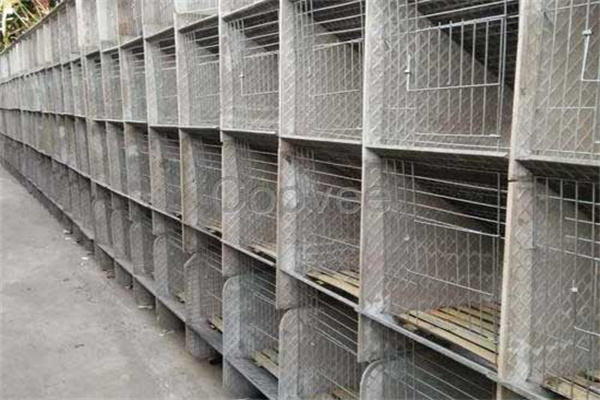中国肉牛规模化养殖对社会经济的影响如何

Chinas cattle farming industry has grown rapidly in recent years, with a significant impact on the countrys economy. Heres a breakdown of the positive and negative effects:
Positive effects:
- Employment creation: The cattle farming industry employs millions of people directly and indirectly, from farmers and ranchers to processors and retailers.
- Foreign exchange earnings: Chinas cattle exports generate significant foreign exchange earnings, contributing to the countrys economic growth.
- Rural development: Cattle farming can be a major source of income and employment in rural areas, particularly in poverty-stricken regions.
- Food security: The cattle industry plays a vital role in ensuring food security, with a large portion of the population relying on meat for sustenance.
Negative effects:
- Environmental impact: Cattle farming is a major contributor to greenhouse gas emissions, water pollution, and land degradation.
- Animal welfare concerns: Intensive confinement and cruel treatment of animals are common practices in Chinese cattle farms.
- Labor exploitation: Unscrupulous practices and poor working conditions in the industry have led to widespread labor exploitation.
- Ethical concerns: The rapid growth of the industry has raised ethical concerns about the treatment of animals and the environmental impact of intensive farming practices.
Overall, the impact of Chinas cattle farming industry on the countrys economy is complex and multifaceted. While it has created significant employment opportunities and generated substantial foreign exchange earnings, it has also raised serious environmental and ethical concerns.
Addressing the challenges:
- Transitioning to sustainable practices: China is actively working to address environmental and ethical concerns by implementing stricter animal welfare standards, promoting organic and eco-friendly practices, and investing in renewable energy sources.
- Improving labor practices: Strengthening regulations and monitoring practices to ensure fair treatment of workers in the industry is crucial.
- Promoting responsible consumption: Raising consumer awareness about the ethical and environmental impacts of meat consumption can encourage a shift towards more sustainable food choices.
Conclusion:
Chinas cattle farming industry is a complex and multifaceted issue with both positive and negative impacts. While it has created significant economic benefits, it has also raised serious environmental and ethical concerns that need to be addressed. By transitioning to sustainable practices, improving labor practices, and promoting responsible consumption, China can mitigate the negative impacts of its cattle farming industry and ensure its long-term sustainability.


